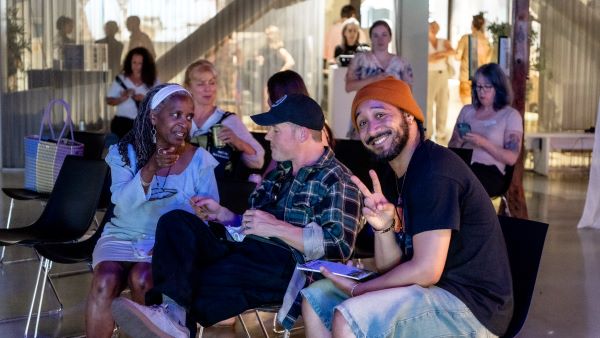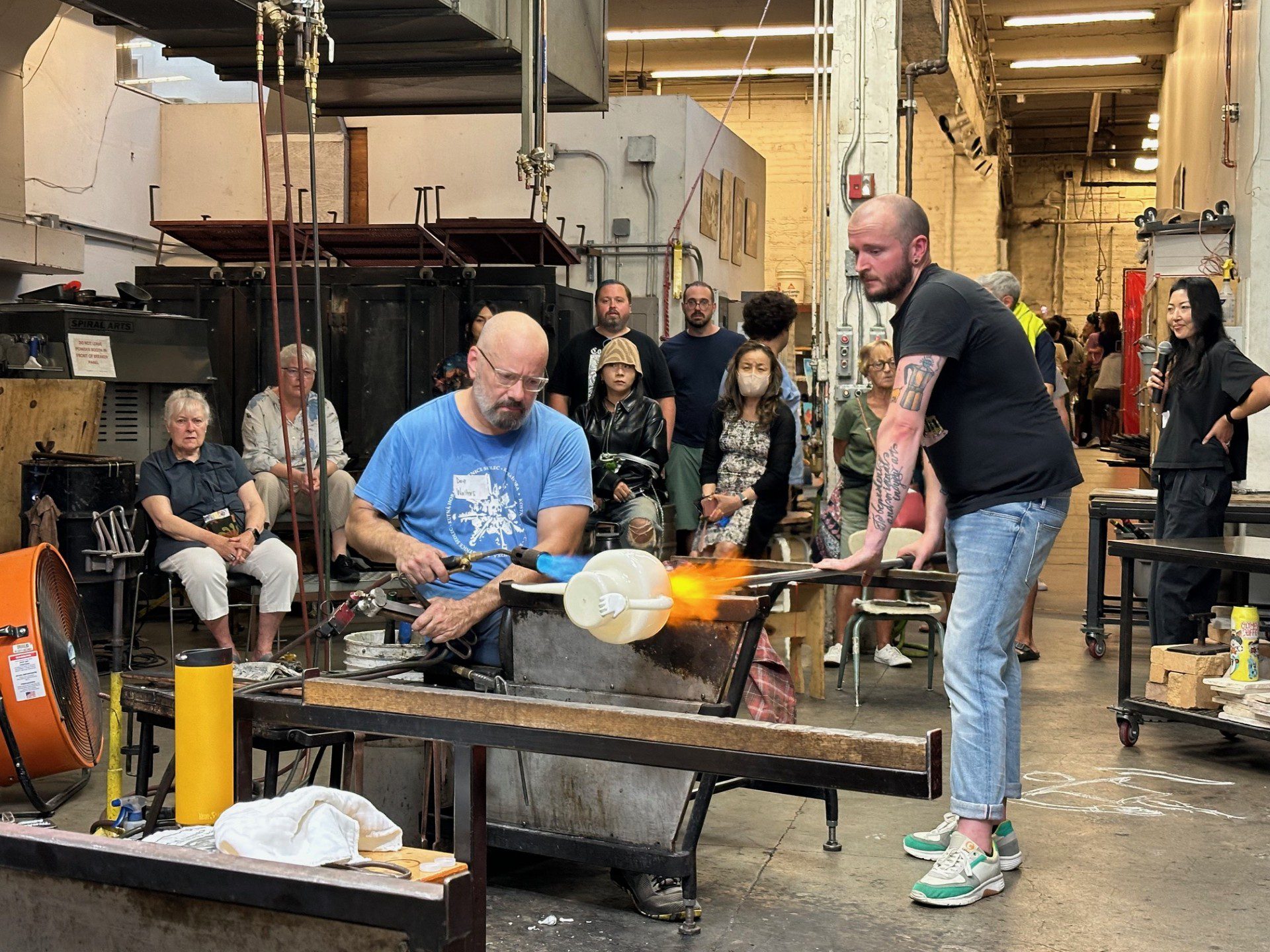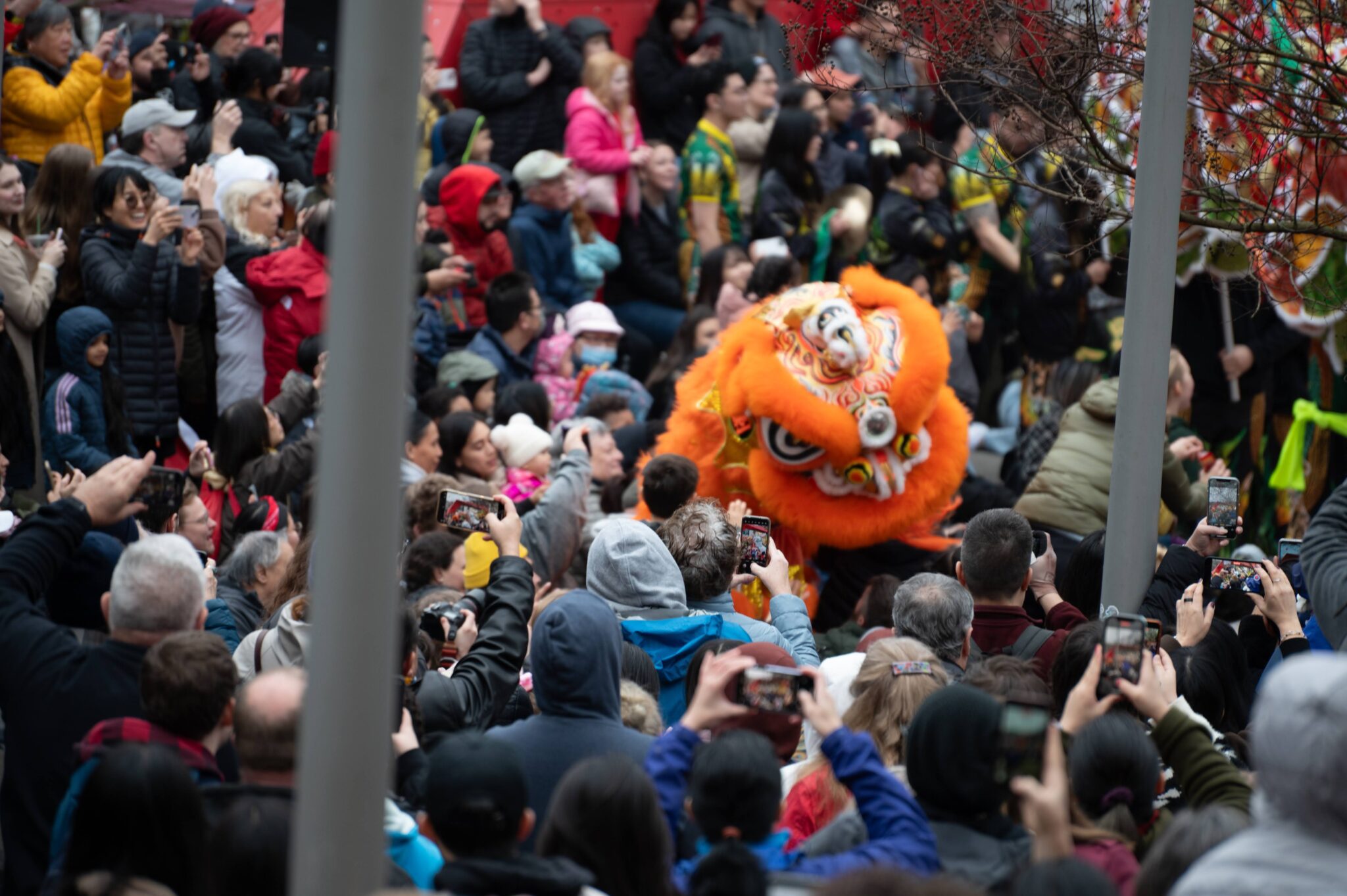
As our cultural sector strives to recover from the pandemic, a part of moving forward is creating a more equitable and human-centered working culture. Presented by the Seattle Office of Arts & Culture, this free virtual share-out in three parts features artists and cultural workers representing BIPOC people of the global majority, highlighting initiatives, strategies, and ideas to inspire arts, cultural and heritage organizations on what it means to be more inclusive and anti-racist in how we move forward. Each part focuses on:
- Changes in the arts and cultural sector that center the well-being of artists and cultural workers
- What arts and cultural organizations need to continue to work on as we build towards a more equitable future
| Presenters for Part 1 |
| Aimee Chou with Sound Theatre Valerie Curtis-Newton with The Hansberry Project José Montaño (Aymara-Quechua) with United Indians of All Tribes Foundation’s Sacred Circle Gallery Fox Whitney, a queer, black-mixed, transgender filmmaker, actor, dancer, and teaching artist Kathy Hsieh with the Seattle Office of Arts & Culture |
| Presenters for Part 2 |
| Sara Porkalob, creator of The Dragon Cycle chats with Kathy Hsieh with the Seattle Office of Arts & Culture |
| Presenters for Part 3 |
| William Jackson, principal of Nathan Hale High School chats with Jasmine Jackson – mother, curator, creative, and podcaster |
This series was paid for with Coronavirus Local Fiscal Recovery funds as part of the Seattle Rescue Plan and inspired by several community-led processes that happened throughout the pandemic. The input, heart-work, thought leadership, and vision of BIPOC arts and cultural leaders were centered. Their collective expertise created a shared set of core values that they hope arts and cultural organizations will lean into:
- Human-centered processes (people over product) – Organizations must establish new policies, processes, and programs that put people first.
- Build collective solidarity – We are stronger together, in it together, and people of the global majority (BIPOC communities) can’t do it alone and shouldn’t have to.
- Universal design – Prioritize uplifting BIPOC-led groups—many of whom have been doing this work for decades without equitable resources— then everything else will follow. If we can make the system work for those who have been the furthest away from justice first, then everyone else will benefit.
- Grace & Compassion over judgment and shaming – community-building, relational focus becomes transformational rather than divisive.
- Evolutionary mind-set – Building accountability through iterative learning, emergent strategy, exploration, experimentation, adaptation, and growing together collectively.
Special thanks to the Surdna Foundation Thriving Cultures Program, Race Forward, the American Rescue Plan Act, Seattle Theatre Leaders, Sound Theatre, Erin Bednarz, Ariel Bradler, Malie Fujii, Kathy Hsieh, Jasmine Jackson, Mario Orallo-Molinaro, Naho Shioya, Roger Tang, and Jay O’Leary Woods.


